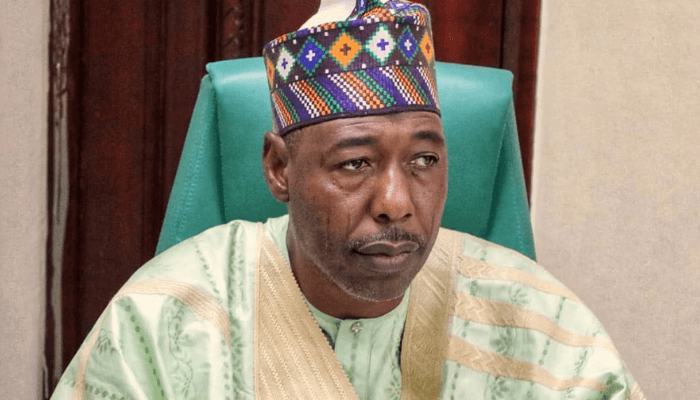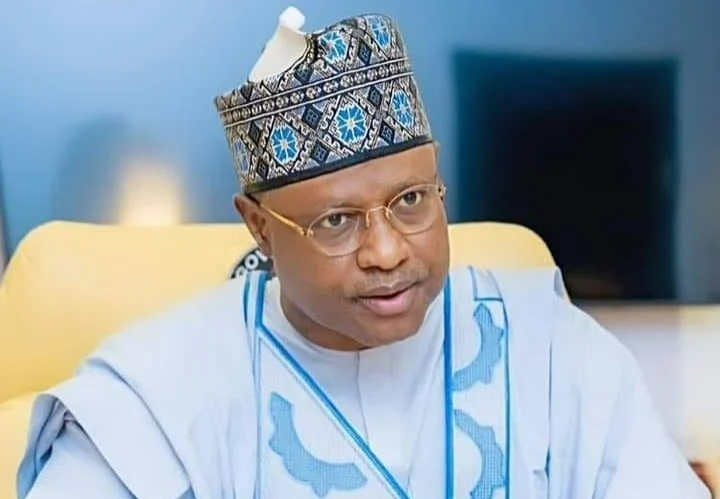OpenAI’s new image generator in ChatGPT has quickly gained attention for its ability to create Studio Ghibli-style illustrations.
Beyond its artistic appeal, the GPT-4o-powered generator enhances ChatGPT’s ability to edit images, render text, and improve spatial representation.
However, a significant change OpenAI implemented this week involves adjustments to its content moderation policies. Under the new rules, ChatGPT can, upon request, generate images of public figures, certain symbols, and racial features—topics previously restricted due to concerns over potential misuse.
Previously, OpenAI rejected such prompts, citing their controversial nature. Now, the company has revised its approach to be more nuanced. “We’re shifting from blanket refusals in sensitive areas to a more precise approach focused on preventing real-world harm,” said Joanne Jang, OpenAI’s model behavior lead, in a blog post published Thursday.
These changes align with OpenAI’s broader strategy to “uncensor” ChatGPT. In February, the company announced plans to refine its training methods, allowing the chatbot to handle more diverse requests while reducing the number of outright refusals.
Under the updated policy, ChatGPT can now generate and edit images of public figures such as Donald Trump and Elon Musk, a shift from its previous stance. OpenAI has also introduced an opt-out mechanism for individuals who do not want ChatGPT to depict them.
Additionally, OpenAI now permits the generation of certain historically sensitive symbols, such as swastikas, in educational or neutral contexts, provided they do not explicitly promote extremist ideologies. The company has also redefined its stance on modifying physical characteristics in AI-generated images, allowing requests related to racial or aesthetic features that were previously blocked.
Despite these relaxed restrictions, OpenAI has emphasized that its safeguards remain in place. The new image generator still enforces stringent protections, particularly regarding images of children, a measure highlighted in GPT-4o’s white paper.
The changes come amid growing debates over AI content moderation. OpenAI, along with other tech giants, has faced scrutiny over allegations of political bias and censorship. Recently, Republican Congressman Jim Jordan questioned OpenAI and other companies about potential collusion with the Biden administration to regulate AI-generated content.
OpenAI, however, has denied any political motivations behind the policy shift, stating that it reflects a long-held belief in user autonomy. “Our technology is now advanced enough to navigate these topics responsibly,” the company said in a statement.
As AI continues to evolve, OpenAI’s latest policy adjustments could have significant implications. While the new image generator has primarily fueled viral Studio Ghibli-style memes, the broader impact of these changes remains to be seen.











